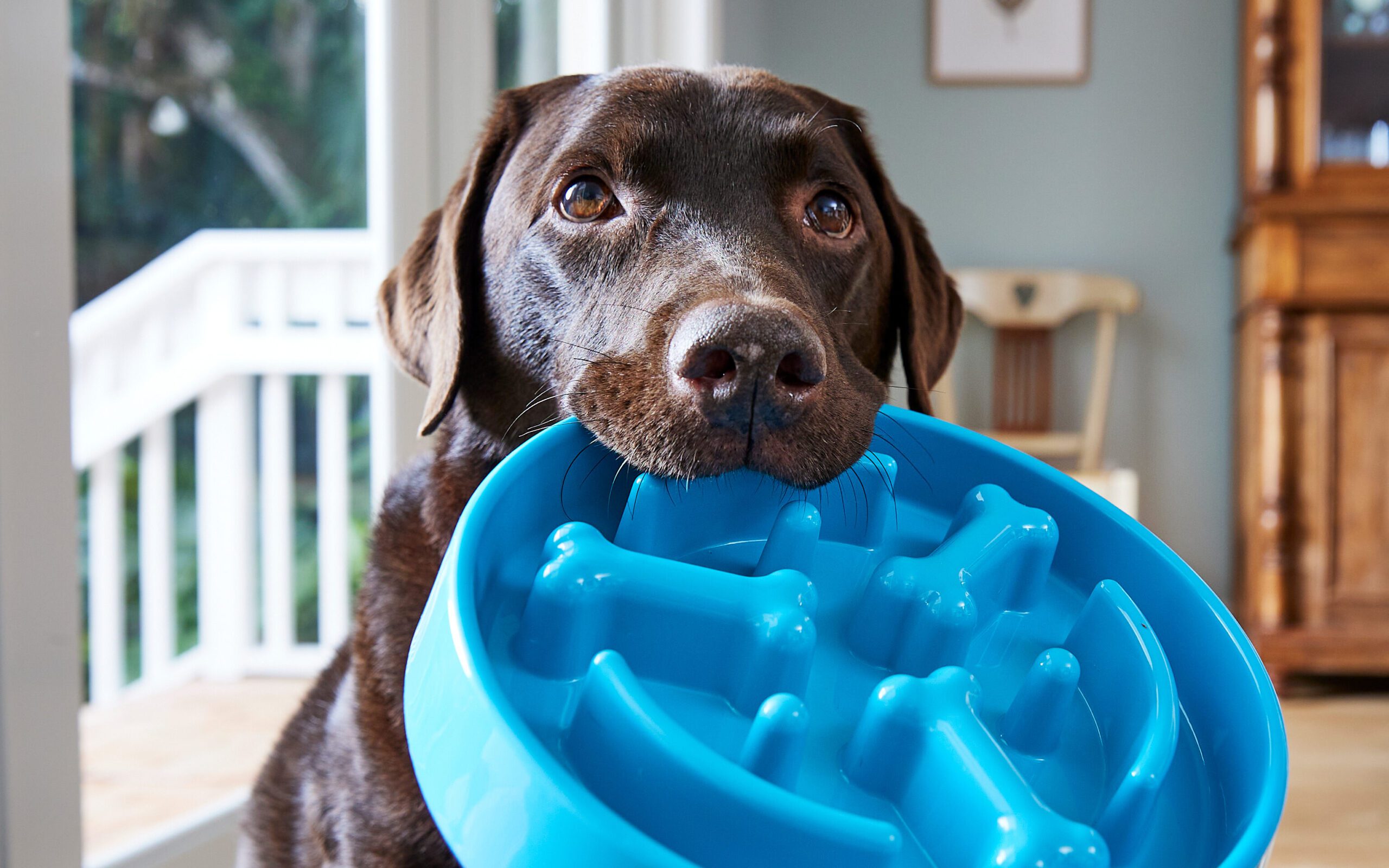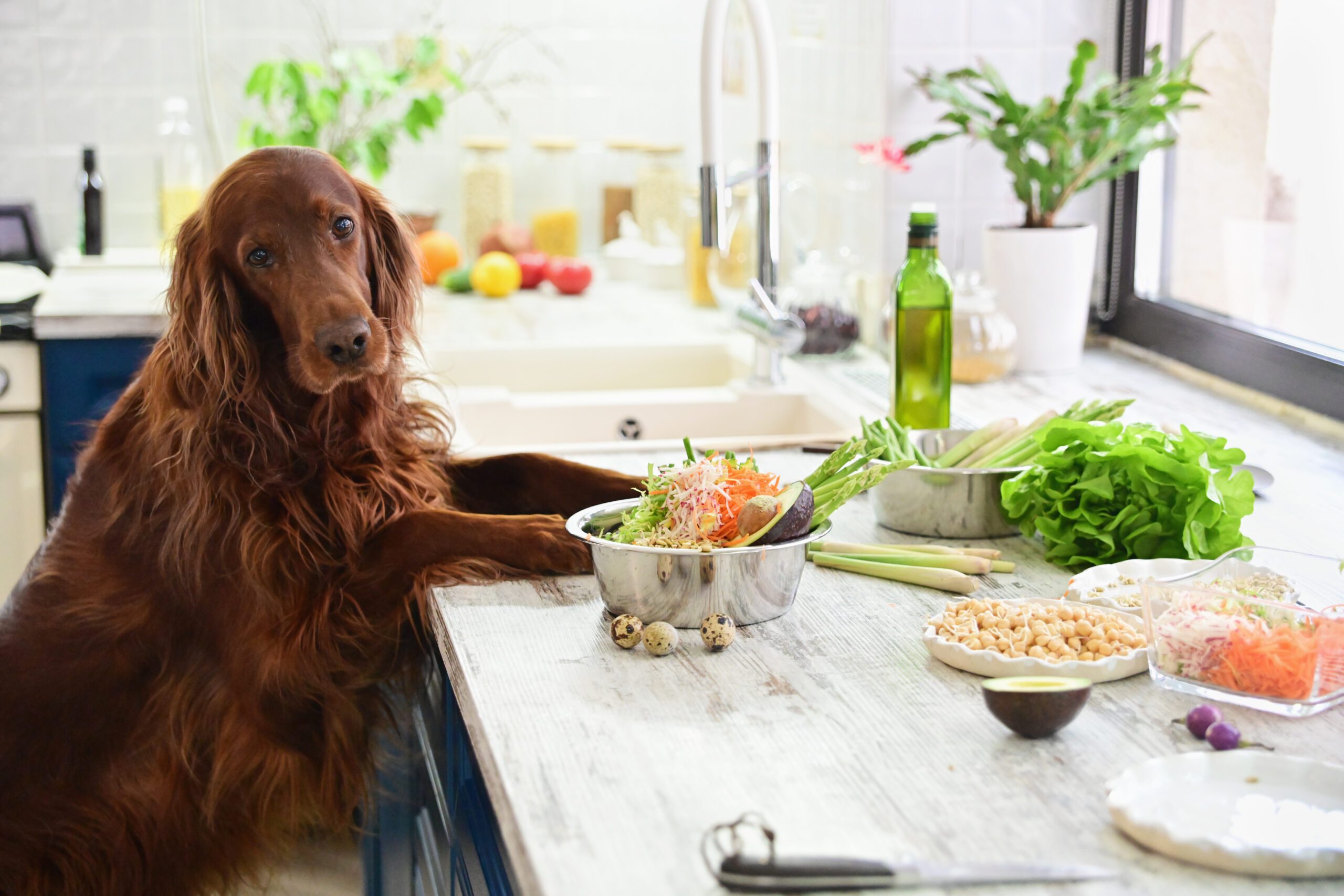Just like humans, dogs can also suffer from digestive issues and sensitive stomachs. It can be distressing to see our furry friends experience discomfort after mealtime. However, the good news is that there are plenty of specialized food options available that can help alleviate these issues. In this blog post, we explore some of the best food choices for dogs with sensitive stomachs, ensuring their digestive health and overall well-being.
Before you start reading, it’s important to remember that every dog is different. While certain breeds can be susceptible to similar issues and prefer certain foods over others, it’s crucial that you consult with an veterinary expert before establishing a food plan for your dog.
Check out Chewy.com for a wide range of specially formulated dog food brands for sensitive stomachs.
Limited Ingredient Diets
When it comes to sensitive stomachs, simplicity is often the key. These diets consist of a minimal number of carefully selected ingredients, which makes it easier for dogs to digest. Look for high-quality dog foods that feature a single source of protein and easily digestible carbohydrates. For example… 1 of chicken, lamb, salmon, beef, pork, etc. Avoid artificial additives, fillers, and common allergens such as corn, wheat, and soy.
Novel Protein Sources
Novel protein sources are ingredients that your dog hasn’t been exposed to before, reducing the risk of allergies or sensitivities. Foods that incorporate proteins like venison, duck, bison, or rabbit can be excellent options for dogs with sensitive stomachs. These novel protein sources provide essential nutrients while being gentle on the digestive system.
Grain Free Options
While not all dogs with sensitive stomachs have grain allergies, some may benefit from grain-free diets. Grain-free dog foods typically use alternative carbohydrate sources like sweet potatoes, peas, or lentils. These ingredients offer a good source of energy without straining the digestive system. However, it’s important to consult your vet to determine if a grain-free diet is appropriate for your dog’s specific needs.
Probiotic-Rich Foods
Probiotics play a crucial role in maintaining a healthy digestive system. Look for dog foods that contain added probiotics such as Lactobacillus or Bifidobacterium. These beneficial bacteria help promote a balanced gut flora, aid digestion, and strengthen the immune system. Probiotic supplements are also available if your chosen dog food doesn’t include them. Visit your local pet store and ask an employee for their help in finding the right probiotic for your dog.

Hydrolyzed Protein Diets
Hydrolyzed protein diets are specially formulated to minimize the risk of allergic reactions. The proteins in these diets are broken down into smaller molecules, making them easier to digest and less likely to trigger sensitivities. These diets are often recommended for dogs with severe food allergies or sensitive stomachs, but they should be used under the guidance of a veterinarian.
Homemade Diets
If you prefer a more hands-on approach, you can consider preparing homemade meals for your dog. This gives you full control over the ingredients and allows you to tailor the diet to meet your dog’s specific needs. However, it’s crucial to consult with a veterinary nutritionist to ensure that the homemade meals provide balanced nutrition and meet all your dog’s dietary requirements.
Caring for a dog with a sensitive stomach requires a thoughtful approach to their nutrition. By choosing the right food options, you can significantly improve their digestive health and overall well-being. Remember to introduce new foods gradually and observe your dog’s reaction to ensure they are tolerating the new diet well. Additionally, consult with your veterinarian to determine the best dietary plan for your furry friend. With a well-balanced and carefully chosen diet, your dog can enjoy delicious meals while keeping their sensitive stomach happy and healthy.






